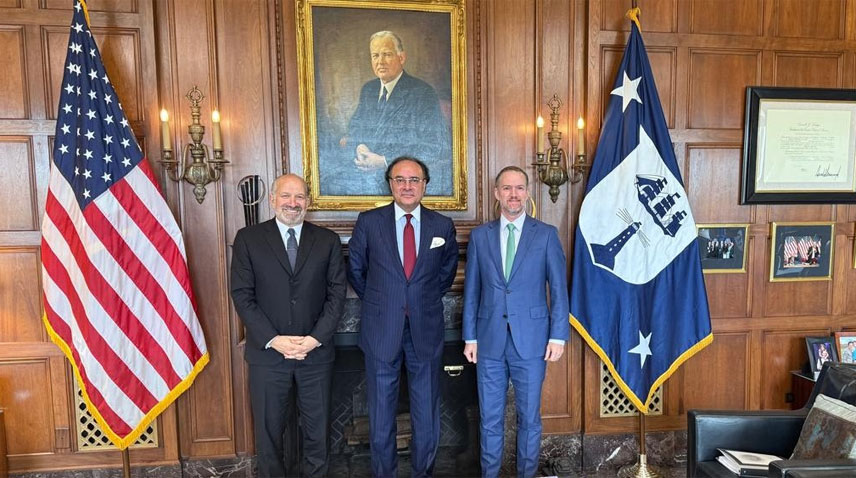KARACHI:
Pakistan Faces Alarming Organ Shortage & is in the grip of a silent health crisis. An estimated 10 to 15 people die every day across the country due to a critical shortage of organ donations, according to recent insights shared at the First International Conference on Transplantation (FICT), held at Dow University of Health Sciences (DUHS).
The Scope of the Crisis
Despite a population of over 240 million, Pakistan continues to struggle with:
- Minimal deceased organ donations
- Cultural stigmas and religious misconceptions
- Lack of legal frameworks and awareness
“This is not just a medical crisis—it’s a societal one,” said Dr. Mohammad Mansoor Mohiuddin, a renowned Pakistani-American transplant surgeon.
He explained that xenotransplantation (using animal organs for human transplants) could revolutionize Pakistan’s health sector, potentially prolonging human life by up to 20 years.
Global Experts Sound the Alarm
The conference welcomed 22 global transplant experts from institutions including:
- University of Chicago – Prof. John Fung and Prof. John LaMattina
- Dow University of Health Sciences (DUHS) – Leading transplant center in Pakistan
Prof. Fung emphasized that post-transplant infections are a leading cause of death, while Prof. LaMattina praised DUHS’s skilled surgical teams and announced future collaborations with ILTS and TTS.
Religious Perspectives Are Changing
Religious leaders in Pakistan have started voicing support for organ donation, particularly from brain-dead donors—a practice already adopted in Iran and Saudi Arabia.
“Islam supports saving lives. Educating the public is key,” noted one of the Islamic scholars present at the event.
This shift in perspective can help break long-held taboos and encourage more families to register as organ donors.
Why Pakistan Lags Behind
Despite growing global efforts to promote organ donation, Pakistan faces several structural and social barriers:
- Lack of a national donor registry
- Low public trust in the healthcare system
- Inconsistent legal protections and ethical oversight
Without a significant push, thousands more will continue to die unnecessarily each year—many of them children and young adults in dire need of liver, kidney, or heart transplants.
What Needs to Happen Now?
Healthcare leaders, government officials, and religious scholars must work together to:
- Launch nationwide public awareness campaigns
- Establish a legal organ donor registry
- Train more transplant professionals
- Promote ethical practices in organ donation
Pakistan stands at a critical juncture. With coordinated efforts, the country can save thousands of lives each year and become a model for ethical, inclusive transplant practices in the region.
Final Thought
If Pakistan can overcome cultural barriers and build public trust, it could turn the tide in its organ donation crisis. The will to act is there—the next step is action.


















